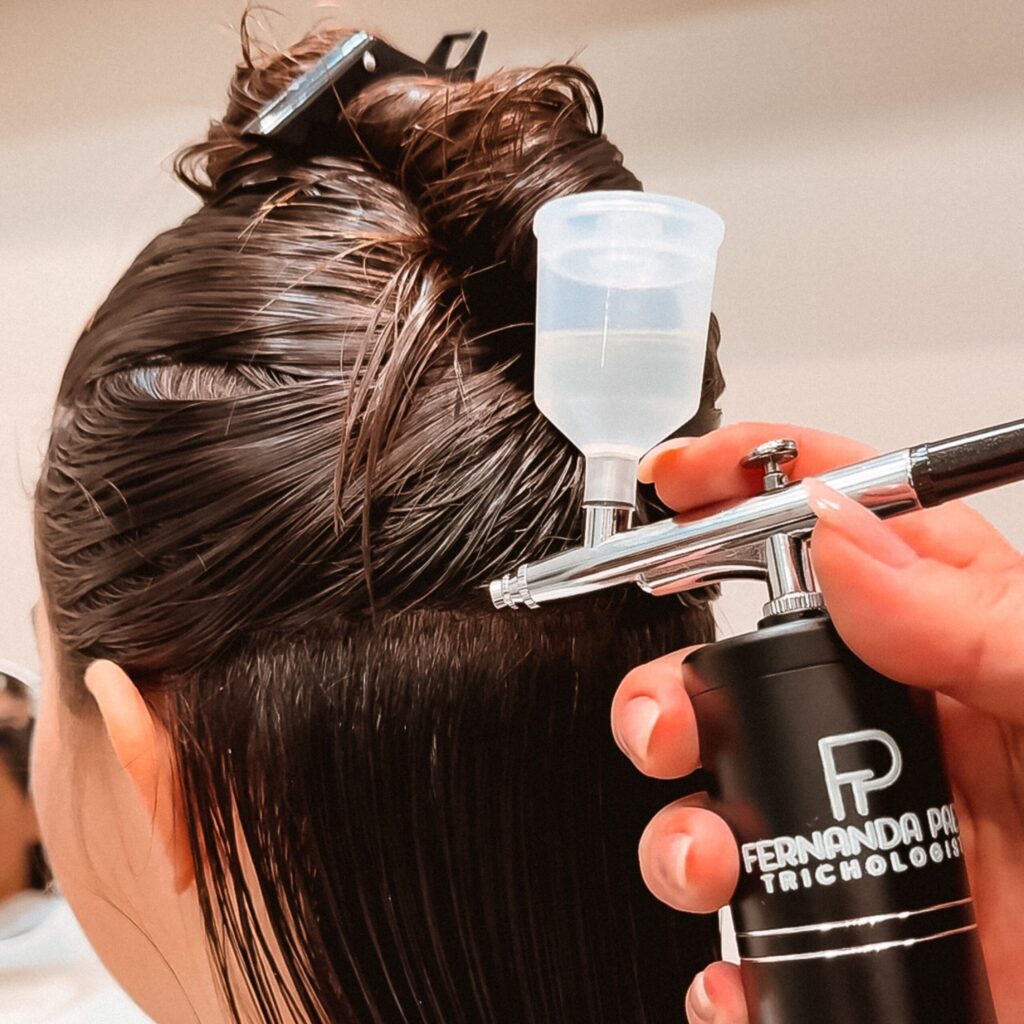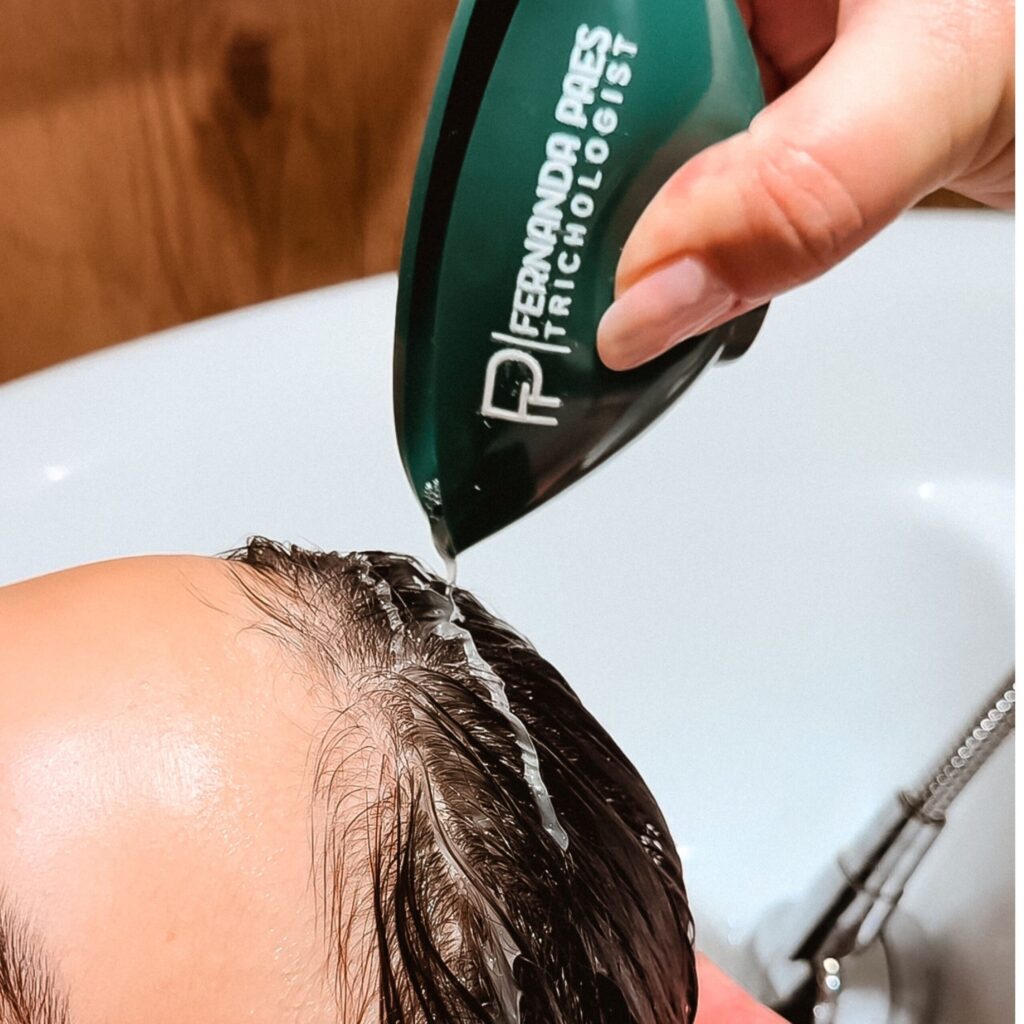Tinia Capitis

Learn more about diseases and treatments:
Fungal Alopecia
Fungal alopecias are caused by fungal infections that affect the scalp and hair follicles, leading to hair loss. While hair can typically regrow after treatment, these infections can cause significant inflammation, and in severe or untreated cases, may result in scarring.
Tinea Capitis
Also known as “scalp ringworm,” this is a fungal infection caused by dermatophytes that attack the scalp and hair shafts. It is highly contagious, primarily affecting children. Symptoms include areas of scaling, inflammation, and sometimes small pustules. The hair in the affected areas often breaks off near the scalp, resulting in bald patches. With proper treatment, hair typically regrows.

Tinea Capitis Intensive Care
A specialized treatment designed to combat Tinea Capitis (fungal scalp infection) and promote hair health. The protocol uses a combination of technologies and natural therapies to treat the infection and restore scalp health. It begins with a deep cleansing using an antifungal shampoo specifically formulated for Tinea Capitis. This is followed by the application of micro mist with a blend of antifungal essential oils. The mist helps disinfect, soothe, and reduce inflammation in the scalp affected by the fungal infection. High-frequency therapy is then used to disinfect the scalp and eliminate fungi from the follicles. It also promotes skin regeneration and reduces inflammation. Blue LED is applied to further reduce inflammation and fight the fungal infection. This light is effective in eliminating bacteria and fungi while calming irritated scalp. Amber LED is also used to promote cellular regeneration and improve the overall condition of the scalp, helping in the recovery of affected skin.
Antifungal shampoo + Micro mist with essential oil blend + High-frequency therapy + Blue LED + Amber LED + Revitalizing mask + Antifungal tonic.
